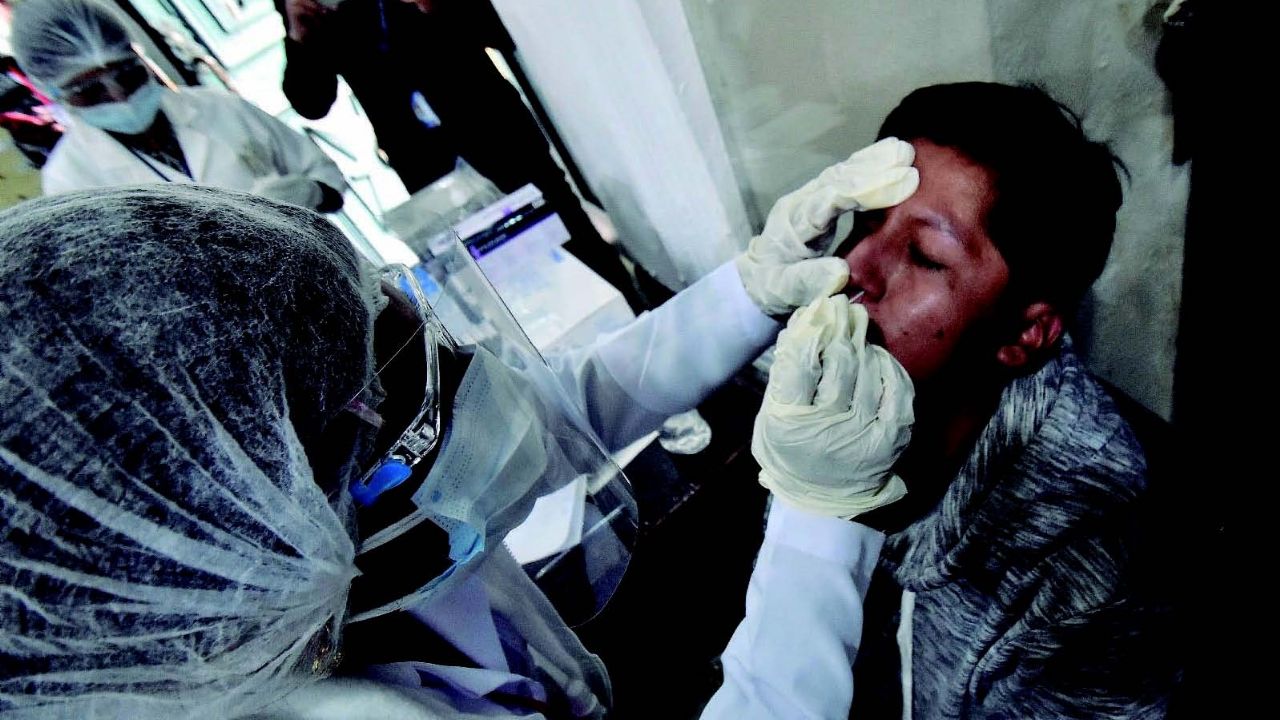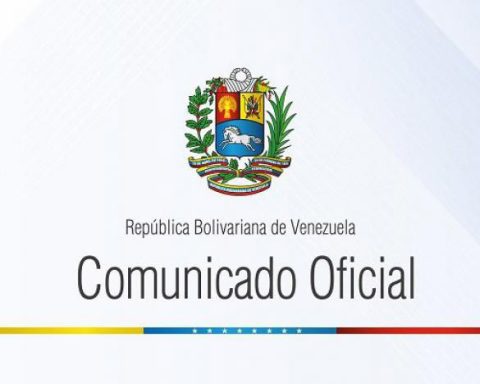Luis Escobar / La Paz
The Ministry of Health reported that the Delta variant no longer circulates in the country, considered the most lethal of the mutations that Covid-19 presented since March 2020. This State portfolio announced that in the coming weeks it will analyze a reduction in biosecurity measures in the population.
“After having carried out a genomic sequencing study of the samples taken, we can say that we no longer find cases of the Delta variant in the country. 100% (of the analyzes carried out) correspond to Ómicron. At the moment, (sub-variant) BA.2 has been detected”, said the Minister of Health, Jeyson Auza, yesterday during the presentation of the country’s epidemiological report.
In September, the British magazine The Economist – according to a scientific study – warned that vaccines alone may not be enough to control the Delta variant. This report revealed that the variant originating in India is much more transmissible than the original strain of the coronavirus. For example, someone infected with Delta contaminates 5 or 9 other people compared to 2 or 3 from the original strain.
In addition, according to the study, vaccinated people appear to have high viral loads due to the Delta variant. This increases the risk that they will spread the disease; however, one of the positive effects of the drugs is that they reduce the period of time of the infectious condition.
The Ministry of Health reported, last September, that only four people were infected with Delta and unlike the rest of the world, this variant did not become dominant in the country.
This mutation was also identified last year by the genotyping studies carried out by Seladis at UMSA and that its presence could be more dangerous than others because it attacks younger people and its symptoms are confused with a common flu: it causes a runny nose, severe sore throat and digestive problems.
On the other hand, the Omicron becomes more contagious but its symptoms are not as lethal as the Delta. The World Health Organization (WHO) warned that their presence could mean the end of the pandemic and that it could become endemic. That is to say, what can happen is foreseeable.
Auza said yesterday that the projections made by the Ministry of Health are being fulfilled. “At the time we announced that (…) the presence of the Ómicron could mean being less lethal, but more contagious. Our predictions today are being fulfilled, despite the fact that some leaders of the medical union stated that, in mockery, we should receive the Ómicron with a band, ”he said.
The authority reported that the previous week they only registered four cases of people who died of covid in the country and the fatality rate of the fourth wave is 0.6%. “The data shows that the pandemic – little by little – is showing us hopeful results from the comprehensive strategy that we are implementing,” he specified.
biosecurity measures
Auza warned that these results should not mean “lowering our guard” regarding prevention measures. “The fact that lethality is decreasing and that we are showing a decrease in cases means that in a few weeks or months we are going – God willing – to count on this disease becoming endemic.” He added that the results obtained to date are due to vaccination with the complete schedule and asked the population to go to their reinforcements with either the third or fourth dose. “We want to tell the Bolivian population that we must take the elimination of biosecurity measures with total caution. We can start to analyze these elements, but to say that we can neglect all these measures does not seem relevant to us, ”he said.
They find the BA.2
- Evaluation BA.2 is considered a variant under investigation, since it actually generates a greater number of cases and is more contagious. It can also be substantially contained if the vaccination processes are maintained. This has already been identified by the Ministry of Health. The presence of this variant was reported in yesterday’s epidemiological report.
- Analysis The subvariant is part of the Ómicron family, which has the peculiarity of being even more contagious, but less lethal, although its effects are still under investigation. The World Health Organization (WHO) itself recommended maintaining permanent alert.


















